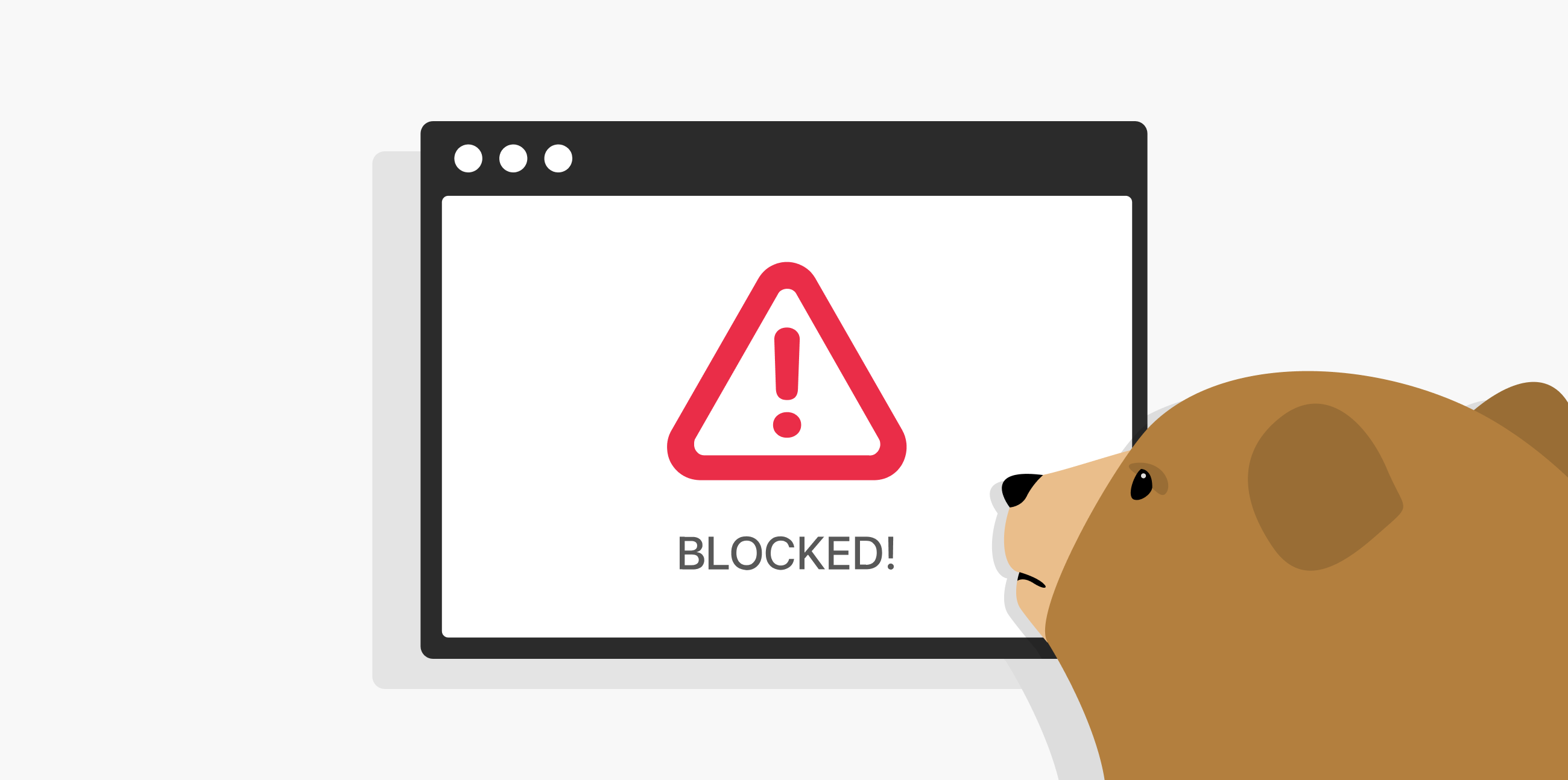TunnelBear Stands Against Website Blocking in Canada
TunnelBear recently submitted a comment to the Canadian government on the role of online intermediaries (ISPs, cloud services, web hosting services) in battling copyright infringement. In the comment, TunnelBear strongly advocates against website blocking and service suspension as a means to curb online piracy.
You can read our full comment below:
The Honourable Francois-Philippe Champagne
C.D. Howe Building
235 Queen Street
Ottawa, Ontario K1A 0H5
RE: Consultation on a Modern Copyright Framework for Online Intermediaries
28 May 2021
Dear Mr. Champagne, I am writing to you on behalf of TunnelBear LLC, a Canadian Virtual Private Network (VPN) company that values the democratic principles of an open and uncensored internet. Our team works towards providing our users around the world with stable, reliable internet connections that are free from network restrictions and surveillance.
The TunnelBear team works with the digital rights and internet freedom community to implement technologies that help individuals access a stable internet connection in their day-to-day life and in critical situations for their community, including when they face internet disruptions as a result of different geopolitical events like elections or protests. In many cases, these disruptions are carried out by online intermediaries like ISPs.TunnelBear is concerned about the government’s Consultation on a Modern Copyright Framework for Online Intermediaries, particularly in relation to the introduction of website blocking and service suspension by online intermediaries as a means to curb copyright infringement. We are particularly concerned that:
- This is an unnecessary and punitive approach to addressing the issue ofcopyright infringement; using intermediaries as enforcement powers is a slippery slope
- The proposal to weaken providers’ safe harbour protections incentivizes service providers to protect themselves by building aggressive blocking systems
- Blocking systems can unintentionally hurt the lawful access of materialsprotected by rights holders, like when using BitTorrent
- Building these blocking systems would incur high consumer costs, who wouldeffectively be responsible for funding a censorship mechanism
Respecting the Internet’s Integrity
Our work in the internet freedom space has led us to witness egregious wrongs ininternet governance from undemocratic states, many of them committed by service providers who were mandated to do so by their government. While the goal ofprotecting copyright owners is well-intentioned, and one that TunnelBear supports, it is worth noting that according to prominent academic Michael Geist, Canada already hasmany legal provisions in place to protect rights-owners and “some of the world’stoughest anti-piracy provisions”. With that in mind, the proposals to introduce websiteblocking and service suspension are completely unnecessary.
Second, and more importantly, this approach’s effects on net neutrality and the internet’s openness would far outweigh any merits. The CRTC describes that “all traffic on the internet should be given equal treatment by ISPs”; giving enforcement powers to service providers achieves just the opposite. It instead asks service providers to build a censorship ecosystem that goes against their incentive to uphold net neutrality,especially when we take into consideration the consultation’s suggestion to modifyonline intermediaries’ safe harbour protections.
Risk of reducing safe harbour protections
Safe harbour protections shield online intermediaries from facing legal action from rightsholders. If these protections are reduced, service providers would likely take every action possible to minimize their risk and liability. This can include building complex technical website blocking systems that are willing to over-block or even suspend users so as to avoid legal action.
Unintended consequences
Over-blocking could have disastrous effects on users who rely on platforms that are often associated with copyright infringement, yet are in reality often used to distribute lawful materials approved by copyright holders. An example of this occurred in the United States (a country the proposal in consideration notes it has drawn inspirationfrom) only two months ago when a user received a cease and desist notice for downloading an official Ubuntu ISO package. In this particular case, the rights holders relied on an automated system to detect instances of piracy on BitTorrent, which struggled to differentiate between legal and illegal use. We can then see how the type of enforcement proposed can lead to lawful materials on mixed use platforms being blocked. Should a similar example occur in Canada when ISPs are mandated to consider website blocking or service suspension, the government of Canada would then be responsible for unjustly limiting a user’s access to the internet.
Costs of complex blocking systems
Should these proposals pass, whatever name we decide to give the project that follows -website blocking system, censorship ecosystem, copyright enforcement architecture -all stakeholders can certainly agree that this will be an expensive undertaking for online intermediaries, which could result in high consumer costs. As with any change in policy that affects the budgets of working families, we have a responsibility to consider how these costs would affect the most marginalized communities in Canada.
It is also worth noting that despite its high cost and sophistication, website blocking is easily circumventable. From a technical standpoint, the website blocking we have witnessed is done through Protocol-based blocking, DNS-based blocking, and Deep Packet Inspection-based blocking. Tools like VPN, the Tor browser, and more can be used by even beginner-level consumers to access the internet in more permissive environments. As such, going through with these proposals could mean that consumers incur the costs of their own censorship as well as circumvention.
Conclusion
There are many challenges associated with the proposals under consideration. These include
- Risk to upholding internet integrity
- Risk of over-blocking which can lead to unintended consequences
- Consumers paying for expensive blocking schemes
It is important to remember that a mere three years ago, the CRTC rejected a proposal to enlist a website blocking agency to curb piracy. The same principles that led the government to reject FairPlay should apply today. Website blocking and service suspension as a means to curb online piracy are dangerous and unnecessary. There is no justification for a “Canadian Internet firewall”.
Sincerely yours,

TunnelBear is a very simple virtual private network (VPN) that allows users to browse the web privately and securely. It secures browsing from hackers, ISPs, and anyone that is monitoring the network. TunnelBear believes you should have access to an open and uncensored internet, wherever you are.

